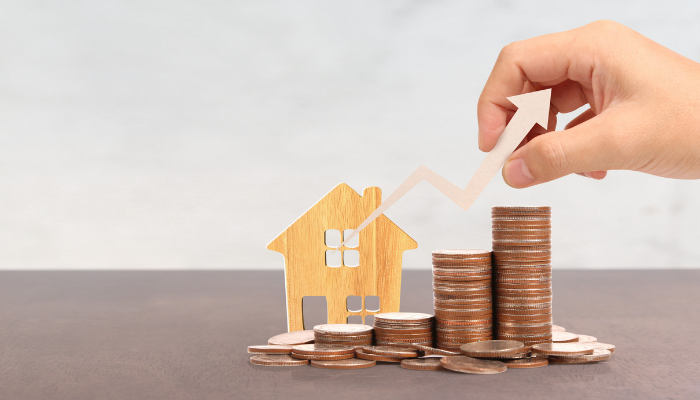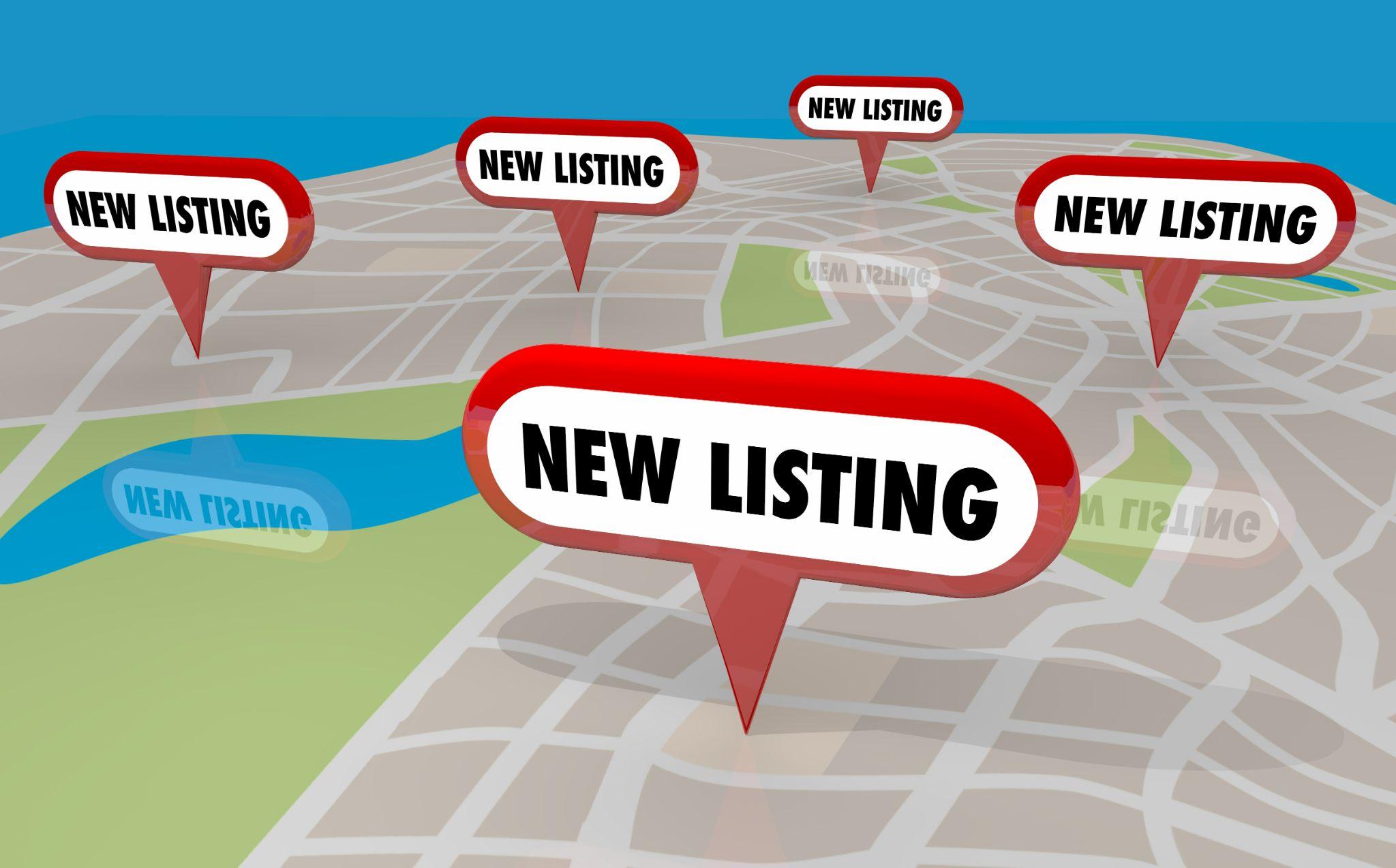Recent Posts
- Is Home Staging Worth It? March 25 2025
- What Is the Difference Between Estate Tax and Inheritance Tax? March 24 2025
- How to Sell Your House Fast in Austin, TX March 11 2025

Perhaps in light of recent favorable market conditions—high demand, rising home prices—you’ve considered, “should I sell my home?” The recent pandemic spurred an unprecedented home buying spree with low interest rates and those seeking larger spaces as their home soon turned into their stay-at-home office. Inventory quickly dropped and construction couldn’t keep up with new developments to meet the ongoing demand.
Though there have been some signs the market will eventually cool down, the housing market has continued booming with a shortage of homes on the market. Demand outweighing supply has driven up home prices, currently favoring sellers and giving them more leverage in negotiations. A silver lining in the COVID madness.
However, moving is still a life-changing transition and it’s not easy to decide whether you should wait to sell your house or if you should sell now and pack up your life in boxes. It’s a big move to consider. Literally. The following reasons to consider selling your home might make the answer clearer.
Nearly all top real estate agents reached a consensus that their real estate market had turned to a seller’s market, up eighty percent just from last year! A seller’s market generally means homes are selling at premium prices. Just the past year alone, home values have seen a double-digit increase; some areas even experienced more than a 30% rise. To understand how these seller’s markets came to be, it’s important to look at insurance rates, demand, and supply.
Insurance rates have been at an all-time historic low, enticing a larger pool of first-time house buyers and driving up demand. Home prices have also risen in light of low rates, so it’s very likely you’ll sell your house quickly and at a premium price. However, these rates are expected to gradually rise again to combat inflation in the coming years, so it’s best to lock in a deal now—especially if you’re looking to upgrade to a larger property after selling your house.
If your home is priced right (typically at the lower third of your area’s home sale prices), bidding wars can drive up the selling price to a good chunk above asking. As mentioned above, many potential buyers are first-time home buyers and home prices are expected to climb up by about another 3% this year (compared to 2021 when properties appreciated by around 12%).
If you decide to sell your house, make sure you price your home fairly, as potential buyers are beginning to push back against inflated home prices. Though home values may not be appreciating as quickly, housing demand isn’t going to waver anytime soon.

Home inventory is beginning to grow, slowly, but supply is still down by 12% when compared to 2020. High demand typically translates to quick home sales, and homes are selling five days faster than 2020 as well (17 days compared to 22 days). As millennials approach their thirties—the traditional time of purchasing one’s first home—some will drop out of the buyer pool given the low supply and tensely competitive market.
Though for the foreseeable future demand will outnumber new available listings, agents and sellers across the country have seen buyers back out of deals. With low supply, high demand and high home prices, buyers have started to regret purchasing homes at inflated prices. Others get defeated at the lack of homes available in their price range or they can’t compete against another cash offer.
This current trend of high home prices and low inventory isn’t sustainable in the long run, so sellers should take advantage of the market now to sell their homes for the most money they can before steps are taken to create a balance between demand, inventory, and home prices.
Maybe you lost your job over the pandemic and can’t make the mortgage payments, or maybe it’s not a dire financial need and you’re looking to move into a larger space or one that’s more practical for your current work-from-home lifestyle. Whatever the reason for needing to move, the current market conditions are ideal to do so.
Not only does low inventory mean your home will most likely sell fast (if it’s priced right), but homeowner equity has risen by nearly 20% year-after-year, so you can maximize your savings and retirement funds through a lucrative home deal.

If you’ve been wondering, “should I sell my home?” but have previously been held back by the repairs and updates you think it needs to make a good impression on the market, now is the time to sell. The demand for housing is so great that buyers are more willing than ever to overlook a few flaws and dated rooms. America is currently experiencing a nationwide seller’s market so sellers have more leverage in negotiations and may not have to concede to repairs when there are multiple interested buyers.
Especially if your house is in need of more costly repairs like fixing extensive water damage, you don’t want to have to pour in money to a property you’re leaving behind. Instead, ask for a cash offer from real estate investors. Given the low housing inventory and competitive market, these investors will be more keen to improve their cash offers.
At 800CashToday, we connect you with a local investor who can pay cash for your house. If you’re concerned about selling your dated house or worried about repairs, speak with our local buyer at 1-800-CASH-TODAY.
We’ll walk you through our straightforward home buying process and review seller benefits such as a $10,000 cash advance, free local moving, free credit repair, and more. There’s no rush and no pressure when you choose the move-out date. See what no-obligation offer await with 800CashToday.
The pandemic also affected the real estate market when refinancing reached its highest annual total since 2003, with many homeowners deciding to refinance instead of selling and purchasing another home. There’s a steady upward trend of refinancing applications as homeowners continue to take advantage of the current market conditions and secure a rate that’s around 3%. However, if you’ve just refinanced, there’s no need to sell your current home anytime soon as you’ve already paid closing costs (typically 2-5% of the loan amount).
Though low inventory and high home prices work in the seller’s favor, when you're the buyer and looking to purchase your next home, those same conditions may not seem as attractive. You might sell your house for above the asking price, but you also risk losing those gains in your subsequent purchase. Consider your budget and research the type of property you want to move in to, though inventory is expected to slightly rise in the coming months.
It’s okay to hold off on selling and be picky if you don’t see your dream house waiting for you on the market, especially since there are not as many new listings these days. If you haven’t already refinanced your home and you decide you’re not ready to sell yet, it’s an alternative option that’s worth considering.